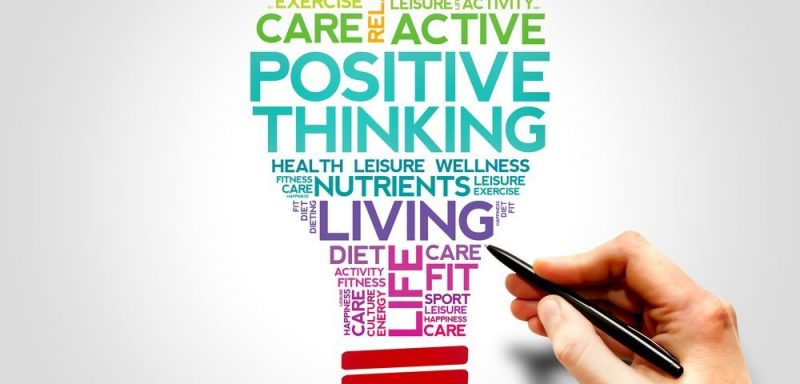The Power and Importance of Thought
Written by |

What does it mean to live?
Different people and places may prompt varied answers to this question. For example, in the United States, a person on artificial life-support is considered to be alive, while other people or cultures may not agree with this definition. So, what does it mean to live?
As I described in a previous column, I believe that to think is to live, and to live is to think. The purpose of this column is to elaborate and provide evidence for my rationale, especially as it relates to people with neuromusculoskeletal disorders such as limb-girdle muscular dystrophy.
Throughout my education, both cultural and academic, I have been presented with numerous reflections on the classifications of living things. The most basic premise is that there are three groups: animal, vegetable (plants), and mineral (rocks). While scientifically, humans are a type of animal, we are considered to be at a distinctly higher level culturally and socially than others. So, the question becomes, how are humans different from other animals? To answer this question, we must recognize the key differences between all three groups.
The lowest on this classification system are rocks and minerals. These substances do not grow or move. One step above rocks and minerals are the plants, which also cannot move but can grow. Another step up brings us to animals. These can both grow and move. What differentiates humans from other animals is their ability to think for themselves and others beyond the necessities of living.
In other words, animals grow to think (and live), while humans think to grow (and live). I bring this up because as human beings, we must not only use our body and spirit — like other animals — but also our minds. Interestingly, newer research proves that the more docile or domesticated the animal, the smaller the brain. Consequently, it becomes vital (pun intended) to recognize the effects of using the mind to live.
Using the mind to grow and to live is especially true for people with neuromusculoskeletal disorders. While the body may be weak, it becomes ever more critical to use the mind. We must do our due diligence and believe things can change for the better. While it is important to maintain up-to-date information about the disease process, we must appreciate the fact that the disease does not dictate who we are or what we can become — it is merely a component of our being. We are individuals, not a condition.
Thus, to maintain a healthy mind, we must maintain a sense of healthy doubt. I’m not saying to disbelieve what others say, but rather to critically examine what is being said before blindly trusting a statement or some findings. Therefore, we must continue to think to learn and to grow.
The day we stop thinking is the day we start dying. In fact, brain death is what legally defines death. Therefore, try to learn something new each day. If you do not know something, ask questions and search for the evidence.
The future is what we will it to be with the power of thought. Knowledge is power.
One of my favorite sayings is, “It is what it is.” Even heaven and hell can be a state of mind. I know an unwanted diagnosis is just that — unwanted. But how we perceive and handle it will ultimately define our personality. We may not be able to modify the quantity of life, but we can modify its quality. There is power in positive thinking.
***
Note: Muscular Dystrophy News is strictly a news and information website about the disease. It does not provide medical advice, diagnosis or treatment. This content is not intended to be a substitute for professional medical advice, diagnosis, or treatment. Always seek the advice of your physician or another qualified health provider with any questions you may have regarding a medical condition. Never disregard professional medical advice or delay in seeking it because of something you have read on this website. The opinions expressed in this column are not those of Muscular Dystrophy News or its parent company, Bionews, and are intended to spark discussion about issues pertaining to muscular dystrophy.





Leave a comment
Fill in the required fields to post. Your email address will not be published.